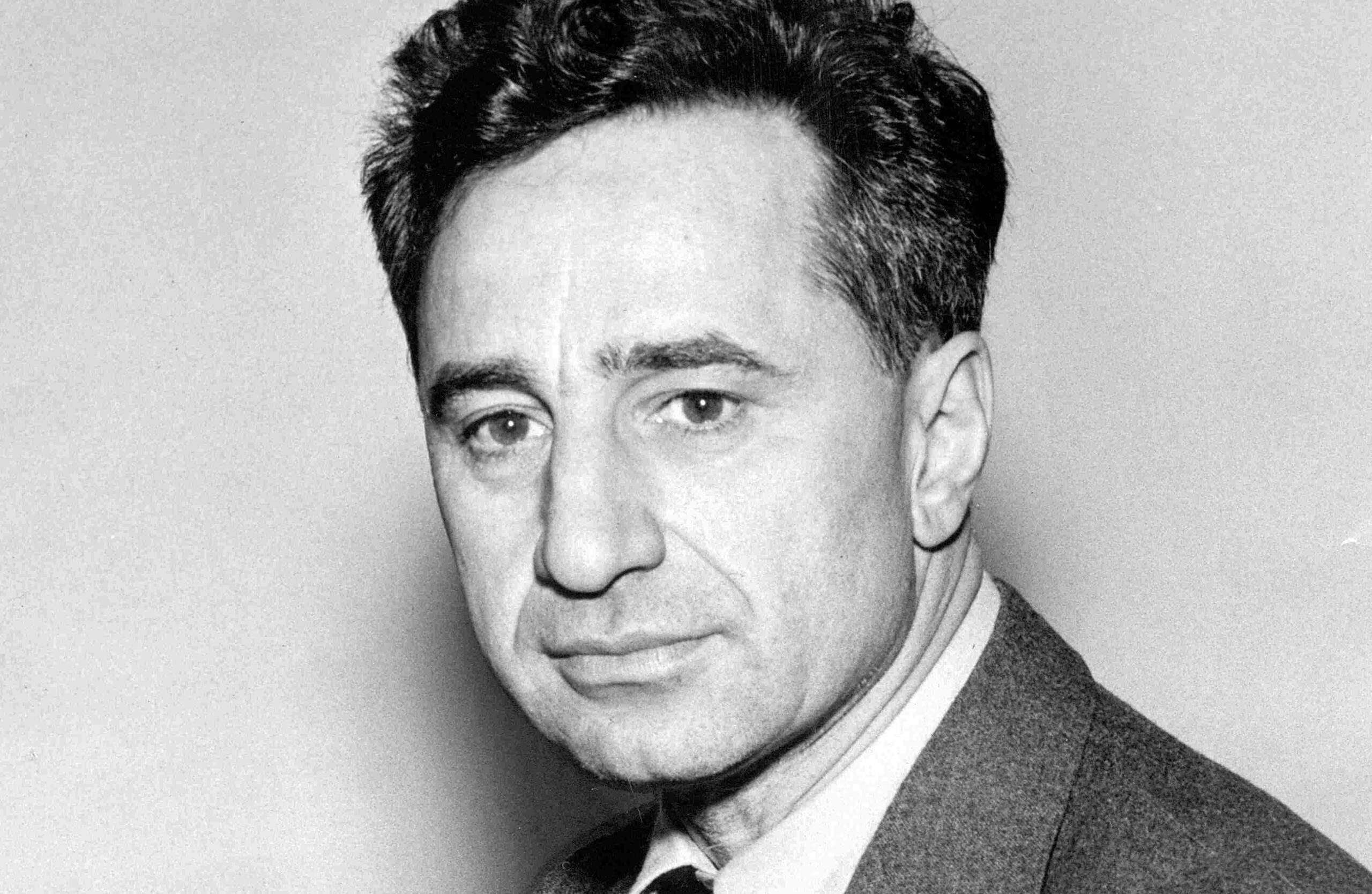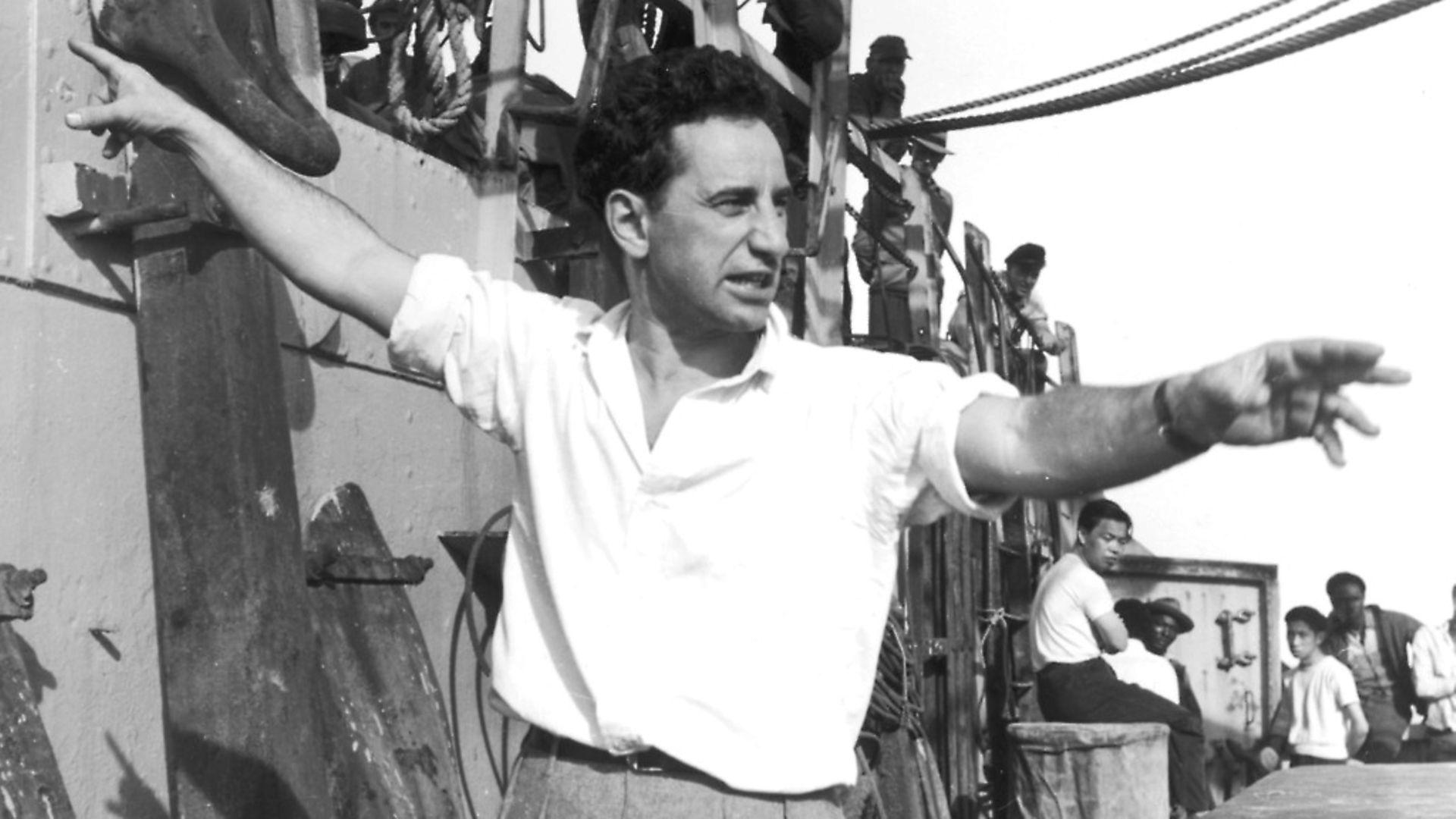Elia Kazan: From Constantinople To Hollywood - A Director's Journey
Could one man's artistic genius be forever shadowed by the complexities of his past choices? Elia Kazan, a name synonymous with theatrical and cinematic innovation, achieved unparalleled heights of success, yet his legacy remains a battleground of debate, forever intertwined with the ethical quandaries of his actions.
Born in Constantinople (now Istanbul) to Greek parents of Cappadocian descent, Elia Kazan's journey to becoming a titan of American arts began far from the bright lights of Broadway and Hollywood. His family, fleeing the political and social upheaval of their homeland, arrived in the United States in 1913, seeking a new life in a new world. While some sources point to Kayseri, an Anatolian city, as his birthplace, the overwhelming consensus places his birth in Constantinople on September 7, 1909. From these humble beginnings, Kazan would rise to become one of the most influential figures in American theater and film history, a director whose work shaped the landscape of modern storytelling.
| Attribute | Details |
|---|---|
| Full Name | Elia Kazanjoglous (original surname), Elia Kazan (Americanized) |
| Date of Birth | September 7, 1909 |
| Place of Birth | Constantinople (now Istanbul), Turkey. Some sources suggest Kayseri, Anatolia. |
| Date of Death | September 28, 2003 |
| Place of Death | Manhattan, New York, USA |
| Nationality | American |
| Ethnicity | Greek |
| Parents | George and Athena (ne Sismanoglou) Kazanjoglous |
| Education | Williams College, Yale School of Drama |
| Profession | Film and Stage Director, Producer, Author, Actor |
| Notable Awards | Academy Awards (2), Tony Awards (3), other numerous awards |
| Notable Works | A Streetcar Named Desire (film and stage) On the Waterfront East of Eden Gentleman's Agreement * Cat on a Hot Tin Roof (film and stage) |
| Key Contributions | Pioneered method acting in America, founded the Actors Studio, directed numerous iconic films and stage productions |
| Controversies | His testimony before the House Un-American Activities Committee (HUAC) in 1952, naming former colleagues as communists |
| Reference | Britannica - Elia Kazan |
The Kazan family's journey to the United States began a transformative chapter in their lives. Arriving in 1913, they initially settled in New York City, where Elia's father, George Kazanjoglous, sought to establish himself in the rug business. This early exposure to the vibrant, diverse culture of New York City would undoubtedly shape young Elia's perspectives. At the age of four, he, along with his parents, made the move to New York City. The family later moved to suburban New Rochelle, providing a different backdrop against which Kazan would grow and eventually find his voice.
It was in this environment, influenced by his Greek heritage and the burgeoning cultural landscape of America, that Elia Kazan began to develop his artistic sensibilities. The young Elia, born Elia Kazanjoglous, would eventually simplify his name to Kazan, a subtle yet significant act of assimilation into his adopted homeland. This transformation mirrored the evolving narrative of his life, a blend of cultural identity and personal ambition. His parents, George and Athena (ne Sismanoglou) Kazanjoglous, instilled in him a sense of heritage, a foundation upon which he would build his understanding of the human condition.
Kazan's legacy is undeniably multifaceted. As a director, he possessed an extraordinary ability to bring raw emotion and psychological depth to his work. He was a master of his craft, a film and stage director whose work resonated with audiences for decades. His directorial prowess earned him three Tony Awards for his theatrical achievements and two Academy Awards for his cinematic contributions, a testament to his undeniable talent. His contributions extended beyond directing; he was also a skilled producer, author, and even an actor, demonstrating a comprehensive understanding of the performing arts.
Kazan's impact on American theatre and film is immeasurable. He is recognized as one of the greatest directors of his time, with a body of work that continues to captivate and challenge. His films and plays explored the complexities of the human experience, delving into themes of social injustice, personal identity, and the struggles of the individual. Works like "A Streetcar Named Desire," "On the Waterfront," and "East of Eden" are not only cinematic masterpieces but also profound explorations of the human psyche.
His influence on the craft of acting is equally profound. Kazan, recognizing the limitations of traditional acting techniques, became a champion of Method acting, a revolutionary approach that encouraged actors to draw upon their personal experiences to inform their performances. He fostered this innovative approach by founding the Actors Studio in 1947, a dedicated space for actors to hone their craft and explore the depths of their characters. This studio became a crucible for generations of actors, shaping the careers of luminaries such as Marlon Brando, Robert De Niro, and many others. The Actors Studio, initially established with Cheryl Crawford and Robert Lewis, moved to its current location at 432 West 44th Street in 1955, continuing its legacy of nurturing talent.
Yet, the very foundations of Kazan's success are built on shifting sand, with the consequences of decisions made during the height of the McCarthy era. In 1952, Kazan appeared before the House Un-American Activities Committee (HUAC), a moment that would forever tarnish his reputation. He testified, naming former colleagues as members of the Communist Party, a decision that sparked a firestorm of controversy and divided the artistic community. This act of informing, intended or not, resulted in blacklisting and damaged careers, and has been a source of intense debate for decades. This decision placed him at odds with many of his peers and left a permanent mark on his legacy.
Kazan's decision to cooperate with HUAC remains a point of contention. Critics argue that his actions betrayed the artistic community and contributed to the suppression of free speech. Others defend his choices, citing his fear of being blacklisted himself, or claiming that he acted out of a desire to protect his career and family. His actions were seen by some as a betrayal of the very values he championed in his work. He was later criticized by the artistic community, who considered his actions as betrayal and act of cowardice.
The controversy surrounding Kazan's testimony has profoundly impacted how his work is viewed today. The ethical implications of his actions continue to provoke heated discussions, and his legacy is often presented with a duality. Was he a brilliant artist who made a terrible mistake, or was he a flawed individual whose artistic achievements cannot excuse his actions? These questions have haunted his legacy since that fateful day in 1952.
Despite the controversy, Kazan's impact on the arts is undeniable. The themes in his works reflected his personal life in many ways, his films often explored themes of betrayal, social injustice, and the complexities of human relationships. His films such as "Panic in the Streets" from 1950, which addressed a potential pneumonic plague outbreak, had its relevance once again during the COVID-19 pandemic. His directorial style, marked by psychological realism and a keen eye for detail, revolutionized American cinema. His contributions extend to the preservation and development of new American acting, an ideal that Kazan actively pursued in 1947 when he created the Actors Studio.
Kazan's contributions extend beyond the screen and stage. He was a prolific author, penning novels and memoirs that offered insights into his life and artistic process. "The Arrangement," a novel that he also adapted into a screenplay, provided a look into his personal life and the world around him. He explored themes of identity, ambition, and the search for meaning, offering a deeply personal perspective on the human experience. The themes of his work, as Kazan himself fiercely maintained, were centered on telling particular truths about human experience, which he considered to be of paramount importance.
The correspondence published in 2014, as the Selected Letters of Elia Kazan, provided additional insight into Kazan's life, and has allowed scholars and fans to understand the complexities of the man behind the work. His work was not without its critics, who often challenged his choices or the themes he explored. However, it is difficult to deny the power and relevance of his work, which continues to resonate with audiences. Zoe's grandfather was director Elia, is what many people in Los Angeles, California, United States, have as a testament to his legacy.
Elia Kazan's life and work offer a powerful lesson about the complexities of art, morality, and the enduring impact of the past. He was a man of immense talent, capable of creating profound and moving works of art. He was also a man who made choices that continue to be debated and scrutinized. The legacy of Elia Kazan is a testament to the enduring power of art and the difficulty of separating the artist from the art itself. It compels us to confront the uncomfortable truths of history and to grapple with the contradictions inherent in the human experience. His story is a reminder that greatness and fallibility can, and often do, coexist.
- Dani Beckstrom Foot Care Deals More Whats Trending
- Who Is Michael Steeles Wife Unveiling Andrea Steele Family Life

Elia Kazan (Film and Theatre Director) On This Day

Director Elia Kazan, Biography, Career, and Life story Tfipost

Elia Kazan His films and his politics